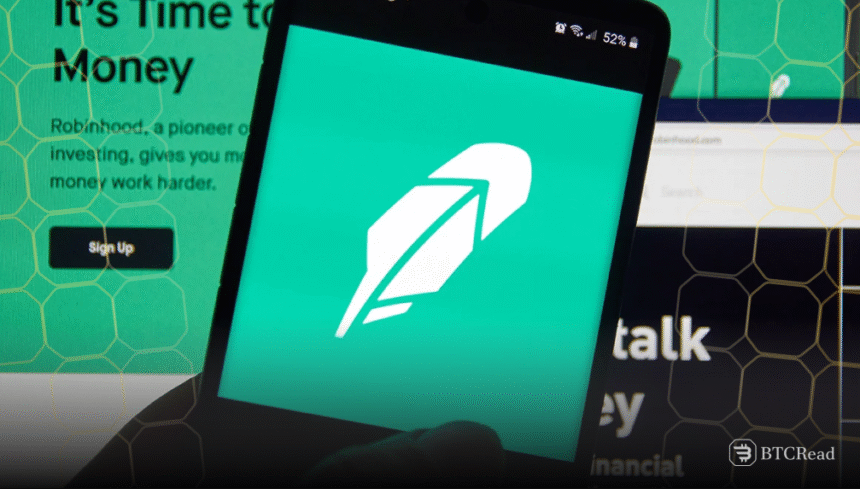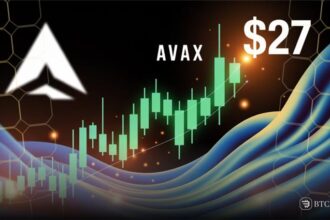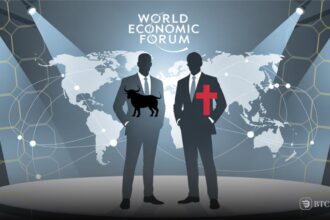Robinhood has taken a bold step toward reshaping how Americans invest in real-world assets. The company submitted a detailed 42-page proposal to the U.S. Securities and Exchange Commission. The aim is clear. It wants a national framework to regulate tokenized real-world assets, or RWAs.
For years, experts have spoken about tokenization. They believe it will bring new life to traditional markets. RWAs include assets like real estate, treasury bills, and stocks. Once tokenized, they can trade on blockchains with speed and transparency. Investors could access them more easily, and settlements could happen faster.
Robinhood aims to simplify ownership and trading
Robinhood’s initiative is not simply another tech concept. It aims to update America’s financial framework. Its blueprint calls for an end to today’s patchwork of state-by-state regulation. Instead, it’s calling for one unified structure that fosters innovation as well as confidence.
The proposal provides for an ecosystem in which tokens would be legally equivalent to the real asset that is represented. Tokens would not be derivatives or synthetic products. That legal change could, by removing duplicate systems, simplify trading and ownership.
Robinhood also hopes that broker-dealers will use this framework. That is Broker-dealers might be able to manage tokenized securities under existing regulations. They do not require additional licenses or unclear regulations. In support of this notion, Robinhood has created a new platform.
Institutions eye Blockchain as the RWA market grows
It refers to it as Real World Asset Exchange or RRE. On it, trades would be offset off-chain to remain speedy. On-chain settlement would be done to provide visibility. It intends to utilize tools provided by both Chainalysis and Jumio. They identify users and follow the money to ensure it is not used illicitly.
The proposal is making its appearance at a time when institutions increasingly turn attention to blockchain finance. Experts estimate that the market for RWAs could reach $30 trillion by 2030. To date, development has been slow-moving. Most initiatives are still in trial runs. But this proposal might break loose significant scale change.
Robinhood’s vision is one of not merely technology, but of trust, of law, and of access. If the SEC is willing to accept it, it could presage a new era in America’s financial history. The setting is primed. Now, it is up to the regressive to judge.







